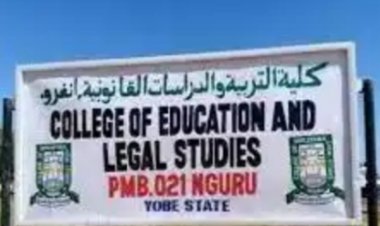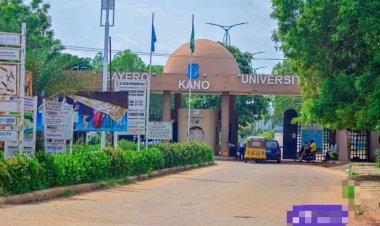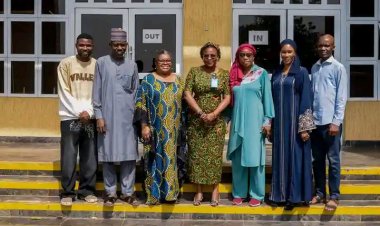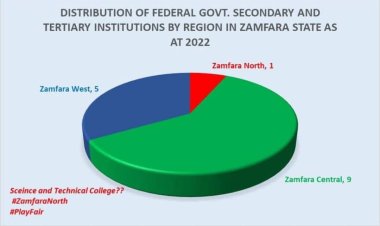AAU Faculty of MLS Needs Investigation, Nigerian Students React as 333 Fail First Semester Exam
The announcement of the results has sparked significant reactions online, particularly regarding the performance of the Faculty of Medical Laboratory Science (MLS).
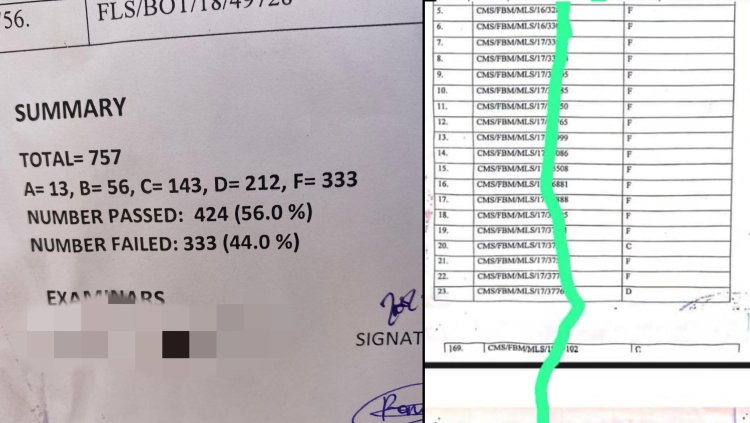
Ambrose Alli University (AAU) has officially released the results of the first semester examinations, revealing a mixed performance among the 757 students who sat for the exams. Out of the total examinees, 424 students successfully passed, achieving a 56% pass rate. However, 333 students, or 44%, did not meet the passing criteria, raising concerns among the student body and faculty.
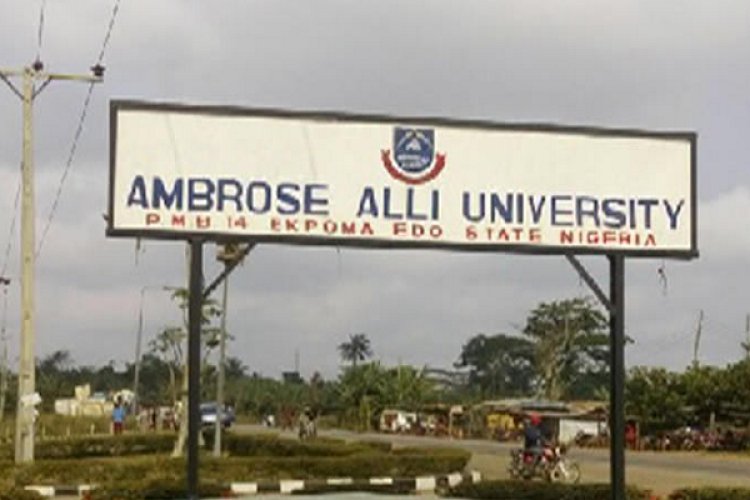
The announcement of the results has sparked significant reactions online, particularly regarding the performance of the Faculty of Medical Laboratory Science (MLS). Jahzmine, a student, expressed her frustration, stating, "The Faculty of MLS needs to be investigated. This department is known for massive failure of students." Her comment reflects a growing sentiment that there may be underlying issues within the faculty that need to be addressed.
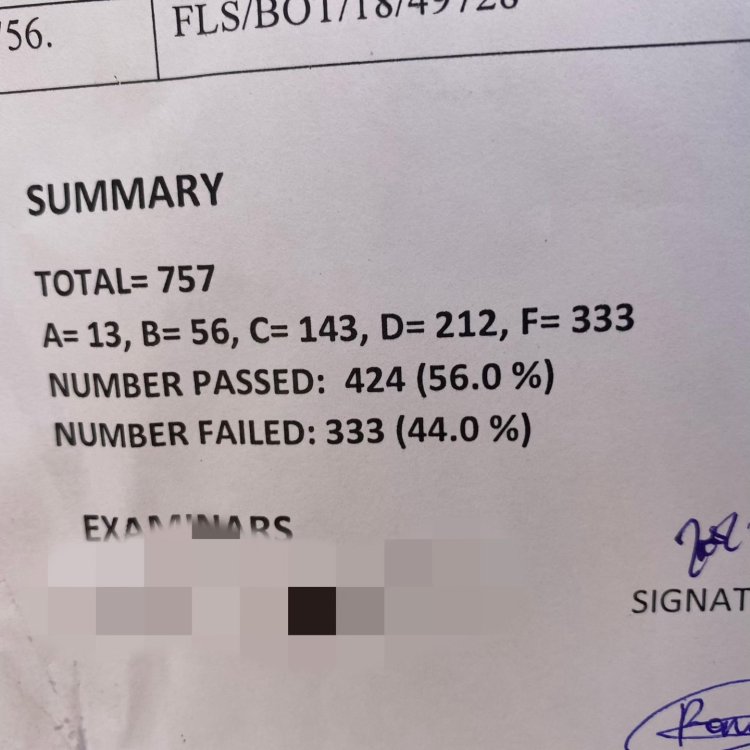
Another student, Ibezim, offered a different perspective, suggesting that the students themselves might be to blame. "They're not reading," Ibezim commented, "They're cooking pepper soup for their people." This remark implies that some students may not be dedicating enough time to their studies, instead engaging in other activities.

The debate highlights the broader issues facing the university and its students, as they grapple with the pressures of academic performance and the factors contributing to success and failure. The administration of AAU is yet to respond to these reactions, but the call for an investigation into the Faculty of MLS underscores the need for transparency and accountability in addressing students' concerns.
As the discussion continues, it is clear that the university community is eager for solutions that will improve the educational experience and outcomes for all students.


